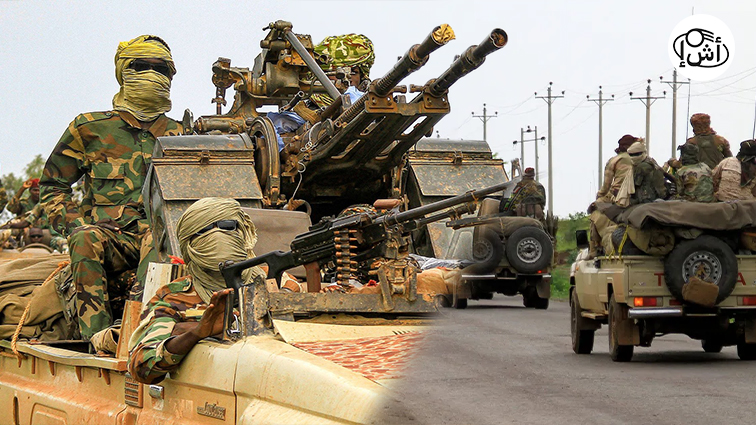The head of the Sudan Liberation Movement, Hadi Idris, called on both sides of the war, the Sudanese army, and the Rapid Support Forces in the city of El Fasher to withdraw from there, stressing the need to hand over responsibility for maintaining security and administration to the armed movements that signed the Juba Peace Agreement.
Idris noted clashes between the army and the RSF in the capital in North Darfur state, stressing that this puts civilians and livestock at risk.
Idris stressed the importance of the warring parties leaving the city to avoid further harm to civilians, stressing that the armed movements that signed the Juba Agreement will assume responsibility for maintaining security and administering the city.
On the other hand, Idris denied the accusations made by the governor of the Darfur region, about his proposal to hand over the headquarters of the army division in El Fasher to the Rapid Support Forces, stressing the cooperation of the movements with the army in achieving stability.
Regarding neutrality, Idris expressed concern about the bias of some movements towards the army, warning that such support could reignite the conflict, and stressed the importance of the neutrality of armed movements to stabilize Darfur.
Idris also criticized the Committee for the Support of the Army in El Fasher, describing it as “remnants of the former regime”, warning against circulating its calls to support the army and warning it against reopening the page of war.
In another context, Idris stressed the efforts of the armed movements to open humanitarian paths and provide aid to the residents of El Fasher, stressing their readiness to negotiate and stop fighting inside the city.
Several signatory movements joined the army in its fight against the RSF, halting the operations of the Darfur Joint Force and isolating the region from the rest of Sudan.
